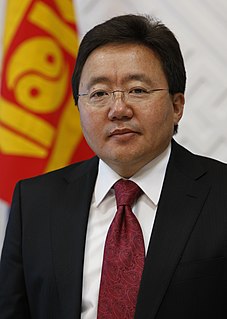A Quote by Annie Lowrey
Older people still see socialism and communism as dangerous, authoritarian political systems, whereas younger people are more likely to see them as economic systems, and to care far less one way or another.
Related Quotes
Failure is a big part of a free market's success. People fail to live up to their potential, or to carry out all their good intentions, in all kinds of economic and political systems. Capitalism makes them pay a price for their failures, while socialism, feudalism, fascism and other systems enable personal failures, especially by those at the top, to be ignored.
Orwell was dealing with communism and his disillusionment with communism in Russia and what he saw the communists do in Spain. His novel was a response to those political situations. Whereas I was interested in more things than the political atmosphere. I was considering the whole social atmosphere: the impact of TV and radio and the lack of education. I could see the coming event of schoolteachers not teaching reading anymore. The less they taught, the more you wouldn't need books.
To those who feel that their values are THE values, the less controlled systems necessarily present a spectacle of "chaos," simply because such systems respond to a diversity of values. The more successfully such systems respond to diversity, the more "chaos" there will be, by definition, according to the standards of ANY specific set of values- other than diversity or freedom as values. Looked at another way, the more self-righteous observers there are, the more chaos (and "waste") will be seen.
The tragic reality is that very few sustainable systems are designed or applied by those who hold power, and the reason for this is obvious and simple: to let people arrange their own food, energy and shelter is to lose economic and political control over them. We should cease to look to power structures, hierarchical systems, or governments to help us, and devise ways to help ourselves.































